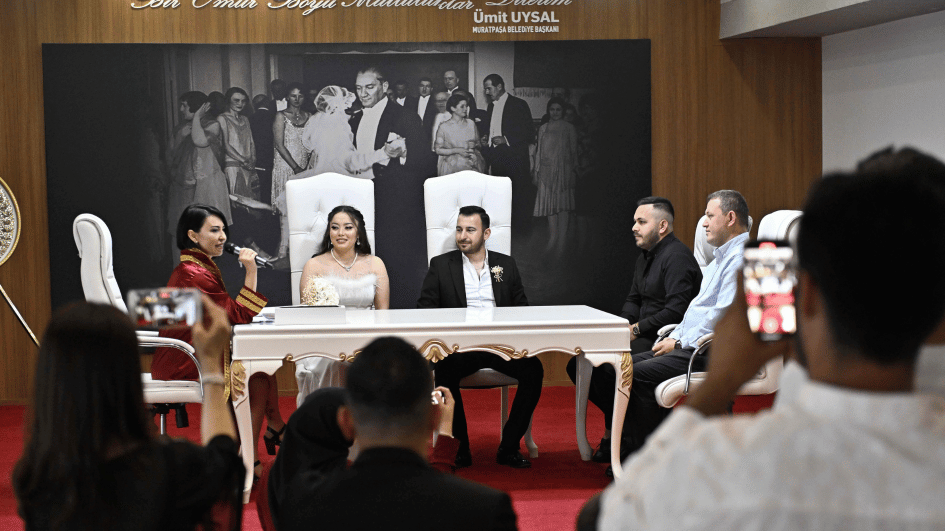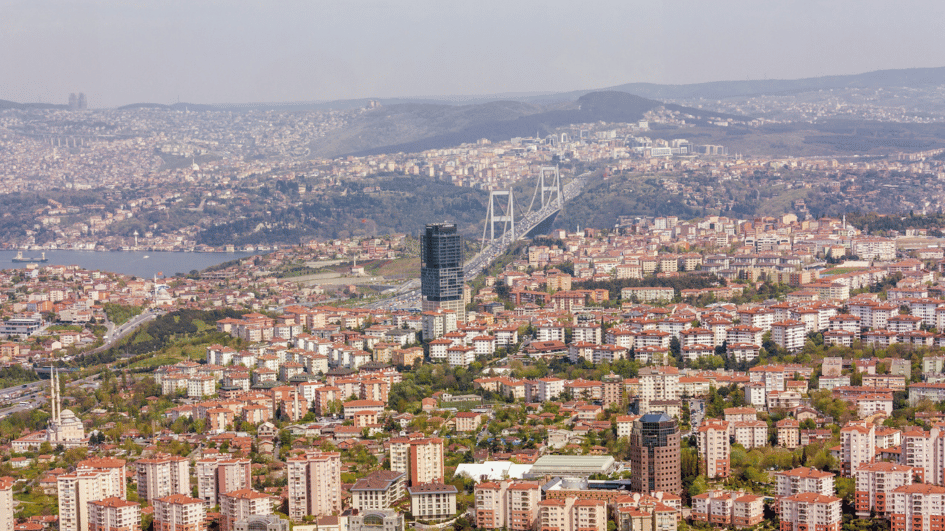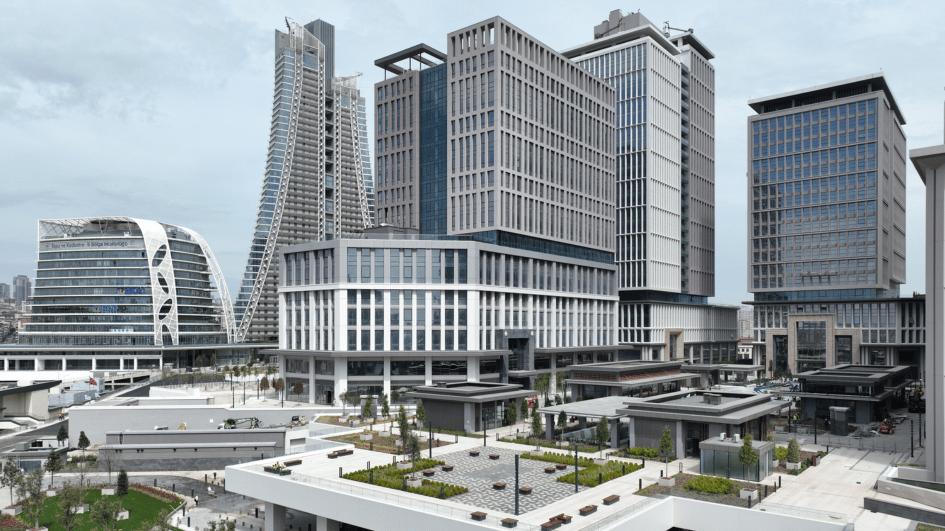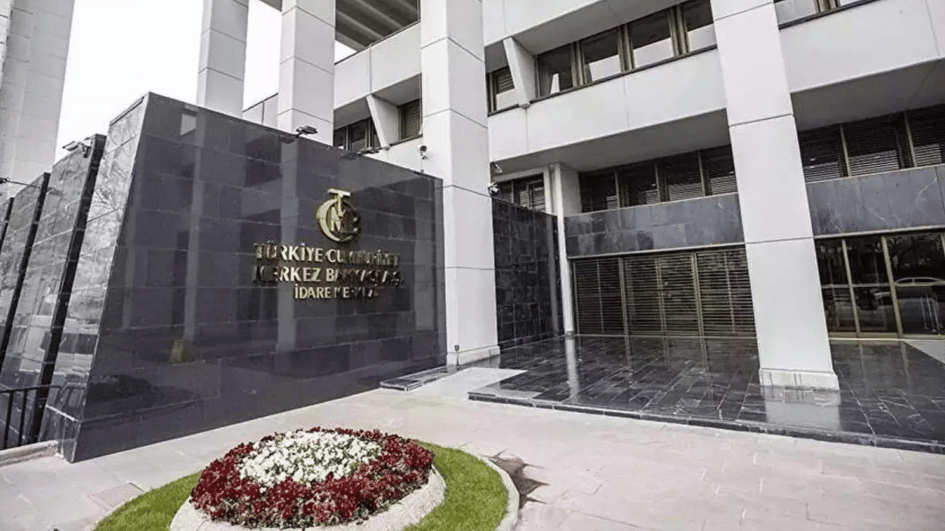We are again at the point where words fail
SEDAT ERGİN
The atrocious attacks by the outlawed Kurdistan Workers’ Party (PKK) are the most fierce challenges the organization has ever directed toward Ankara.
The PKK has demonstrated that it can target the police and the army together and that it has the ability to stage operations simultaneously in rural and urban areas.
We are once again at the point where words fail, where condemnation and damnation is not adequate.
In an era when democratic gains are obtained with quite non-violent methods in countries such as Egypt and Tunisia, the PKK in the same geography, has intentions to obtain results with the bloody means of the century past.
It is understood that the PKK aims to push the limits of tolerance of the Turkish public and decision makers. Obviously, by provoking even bigger reactions in society.
The organization is aiming to stage a total apocalypse scenario which also contains a domestic Turkish-Kurdish clash.
These kinds of attacks, from the point of view of the reactions it will create, also restrict the government’s room for maneuver. Because the smallest step taken from now on will create the image that concessions are being made for terror, the government probably will act stricter. A consequence this situation will trigger is that the vicious circle will grow bigger and that the deadlock will take root.
Back to square one after 30 years
However big our sorrow is for these attacks, however traumatic the feeling of indignation is that haunts on our physiological world, we should not divert from the line of wisdom and commonsense. We should not let the deadlock capture us.
Also, our reactions should not keep us from facing the fact that the fighting methods used up until now do not yield results regarding a solution.
Turkey, unfortunately, has returned to square one after fighting with the PKK in the military field for 30 years and after having allocated enormous resources to security, those it could have used for social welfare.
Moreover, there are aggravated circumstances that make the situation worse when compared to the past. So much so that in the 1990s while clashes in the southeast were continuing, life in the west of the country would carry on in a normal way without being affected by these incidents.
In fact, especially in the first half of the 1990s, with the evacuation of villages, hundreds of thousands of people migrated to the west of the country from the region and among the young generation of the immigrant families a substantial segment has sympathy for the PKK movement. This situation creates a texture in the west of the country that is open to provocation, ready to be set alight any moment.
Also, there is a significant difference when compared to the 1990s. It is the fact that there are two separate languages used in the country about the conflict. Those activities that cause death and contain violence which are named by the majority of the society and by the official discourse as “terror,” in compliance with international law, is a fighting method that is regarded as legitimate today, if not by the entire but at least by a segment of the Kurds in Turkey.
Abdullah Öcalan, who is seen as the head of the terrorist organization by the majority of society, is a personality regarded as a “leader” in some regions of the country where his posters are carried in demonstrations.
The dilemma we are facing here shows that something has gone loose in Turkey. It is not as easy as it was in the 1990s to have a distinct line between the PKK terror and the Kurdish issue.
These new dimensions to the issue also make the solution more difficult. On the Ankara front, a strategy of forcing the PKK out of its shelters in northern Iraq and cornering it entirely has been adopted. To inflict a heavy wound on the organization and making it sit at the negotiation table at its weakest point might be the calculation. But the possibility of risking social peace in major cities should not be disregarded.
If we are really looking for a solution on the Kurdish issue, we can only achieve it by thinking outside the frame that we have adopted up until today.
* Sedat Ergin is a columnist for Daily Hürriyet in which this piece appeared on Oct. 20. It was translated into English by the Daily News staff.











